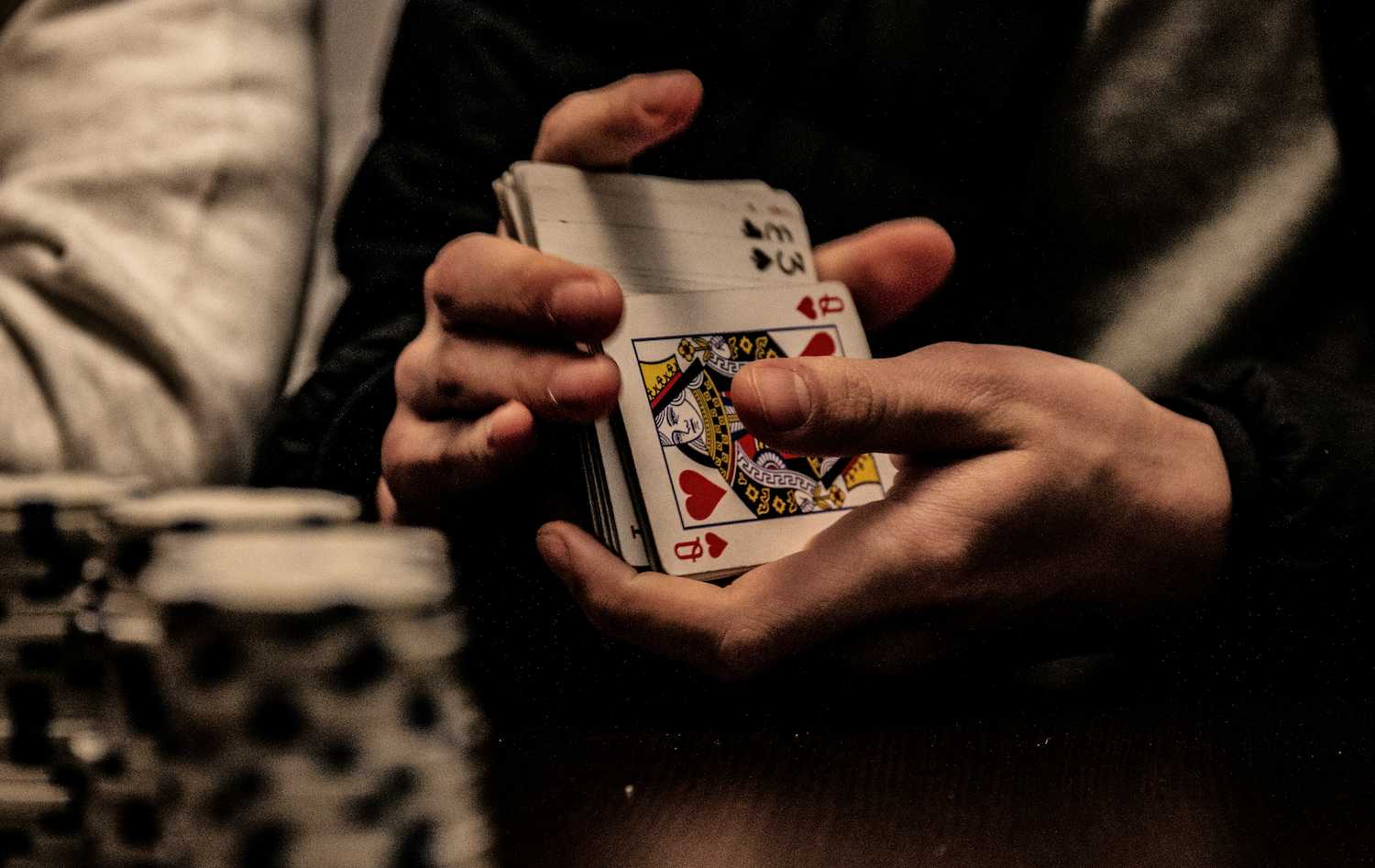
Crypto Slots vs Traditional Slots: What’s the Difference?
August 25, 2025
The world of online slots has evolved dramatically in recent years. While traditional slots have long been a staple of the online casino industry, the rise of cryptocurrency has brought about a new wave of excitement—crypto slots. These newer games incorporate digital currencies like Bitcoin and Ethereum, creating a unique experience for players. But how do crypto slots differ from the traditional slot machines most of us are familiar with? Let’s explore the main differences, advantages, and challenges of both types of slots.
When it comes to traditional slots, players typically use fiat currency, such as the dollar or euro, to place bets and spin the reels. Traditional slots have been around for decades and are a familiar and reliable option for most gamblers. For example, one might enjoy games like Le King Slot Hacksaw Gaming, which is a notable release that merges exciting gameplay with high-quality visuals. These classic slots can be found on many established gambling platforms and remain a favorite for players worldwide.
The Key Differences Between Crypto Slots and Traditional Slots
The cryptocurrency market has seen explosive growth in recent years, with increasing demand for digital currencies driving innovation across various sectors, including gaming. Investors and users are drawn to the decentralized nature of cryptocurrencies, their potential for high returns, and the ability to bypass traditional financial systems. As we look toward the crypto market in 2025, this trend is expected to continue, with more industries embracing digital currencies and blockchain technology.
As the demand for cryptocurrencies continues to rise, industries are adapting to this shift, particularly in online gambling. One of the most significant differences between crypto slots and traditional slots is the type of currency used. In traditional slots, players use regular currencies like USD, EUR, or GBP. In contrast, crypto slots are powered by digital currencies like Bitcoin, Ethereum, or other altcoins. This change in payment method affects several aspects of the game, including transaction speed, privacy, and accessibility.
Transaction Speed and Fees
With traditional slots, players often face slower transactions and sometimes hefty fees when depositing or withdrawing funds. Credit card payments, bank transfers, or e-wallets can take several days to process. In comparison, crypto slots are powered by blockchain technology, which enables nearly instant transactions, often with lower fees. This makes it far easier for players to deposit and withdraw their winnings.
In addition, cryptocurrency transactions are typically anonymous or pseudonymous, meaning players don’t need to provide personal or banking information when making a deposit or withdrawal. This enhanced privacy can be particularly appealing to those who value their financial discretion.
Volatility and Payout Potential
Another major difference is the volatility and payout potential associated with crypto slots versus traditional slots. Crypto slots often feature higher volatility, meaning the chances of landing large payouts may be less frequent, but the rewards can be much bigger when they do occur. This aspect can appeal to high-risk, high-reward players looking for that adrenaline rush.
On the other hand, traditional slots tend to offer more stable, smaller payouts over time. Many players appreciate the predictable nature of these machines, as they can enjoy a consistent gaming experience with less risk.
Accessibility and Market Reach
Crypto slots provide a much broader reach in terms of global accessibility. Traditional slots are often subject to geographical restrictions, with certain countries banning online gambling altogether or regulating it heavily. Crypto slots, however, are generally available to players worldwide, as cryptocurrencies bypass many of the restrictions imposed by governments and financial institutions. As long as you have an internet connection and access to digital currency, you can enjoy these games from virtually anywhere.
Game Features and Innovation
Both types of slots continue to innovate and improve, with developers pushing the boundaries of gameplay and design. Traditional slots often feature classic mechanics, with 3 to 5 reels and a limited set of bonus features. They may be easier to understand, making them a good starting point for new players.
Crypto slots, however, tend to be more cutting-edge. These games may incorporate blockchain-based features such as provably fair outcomes, where players can independently verify the fairness of the results. Additionally, the use of cryptocurrency allows developers to implement features that wouldn’t be possible with traditional fiat currencies, such as decentralized jackpots or community-driven bonus pools.
Which Slot Type is Right for You?
The choice between crypto slots and traditional slots ultimately depends on your preferences as a player. If you value privacy, fast transactions, and high payouts, crypto slots may be the way to go. The use of digital currencies introduces exciting possibilities and innovations that are reshaping the online gambling experience. On the other hand, if you prefer the familiarity and stability of traditional gaming, classic slots might still hold a special place in your heart.
Whether you’re enjoying games like Le King Slot by Hacksaw Gaming or exploring the world of crypto slots, both options provide plenty of fun and opportunities to win big. So, the next time you sit down to spin the reels, consider the differences between crypto and traditional slots and choose the one that best suits your gaming style.



